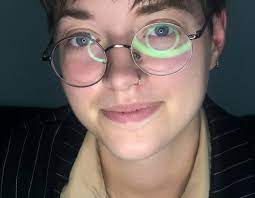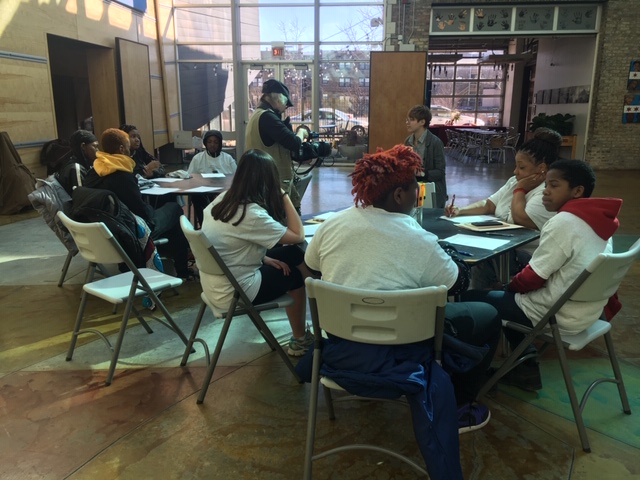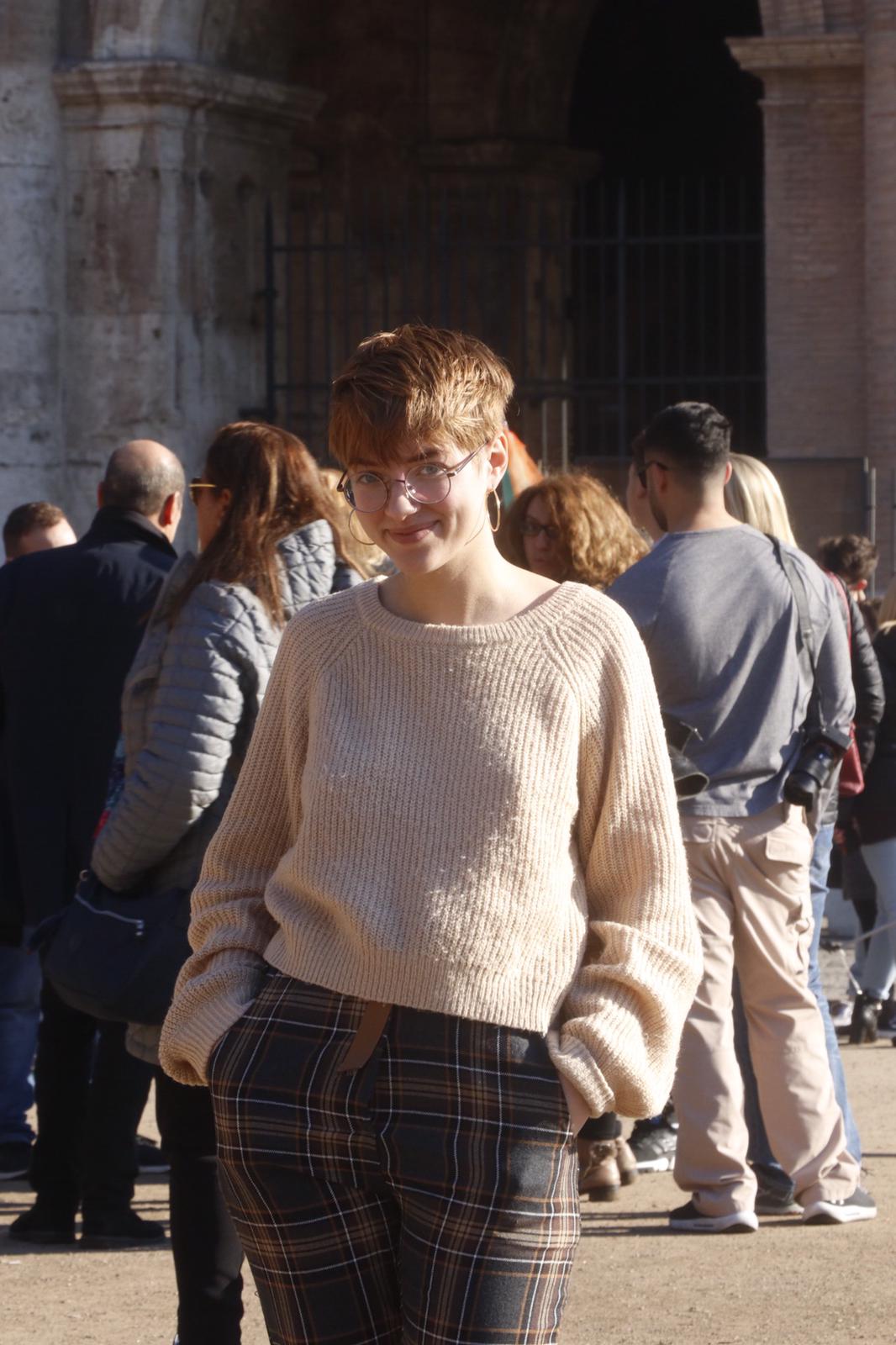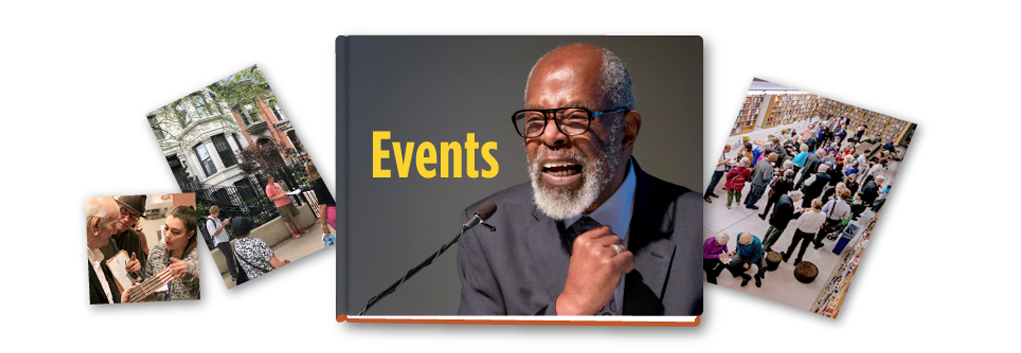An Interview with Jerakah Greene
Saturday, May 29, 2021
The Chicago Literary Hall of Fame chats with PEN/Emerging Voices designee Jerakah Greene, who will instruct a free creative writing “Chicago Voices” workshop with local youth, offered by the Hall of Fame as of June 2021. (For more information and registration, click link TBD)
 Q) In light of your own experiences studying creative writing as a young undergraduate in this setting, can you talk about Chicago as a particular aesthetic well-spring for fiction, poetry, and/or the essay.
Q) In light of your own experiences studying creative writing as a young undergraduate in this setting, can you talk about Chicago as a particular aesthetic well-spring for fiction, poetry, and/or the essay.
JG) Chicago is the perfect place for a young writer to find their voice. I grew up in Oklahoma, which I have often said is the most beautiful place in the world. But Chicago's beauty is so specific, so unique-- it is a writer's duty to capture that beauty. I think Chicago lends itself to every genre, every medium, though I find it most inspiring in my fiction writing. In my undergraduate workshops, they taught us to take note of strangers. Some of my most interesting characters are based on strangers on the streets of Chicago, characters I created from the smallest glimpse into a stranger's life. The ghosts of Chicago are inspiring, too. In a city with that much history, that much joy and suffering, the ghosts inform my writing as much as the people I see on the train.
Q) You taught a youth writing workshop with the Little Black Pearl studio in the Bronzeville community, as part of a 2019 Chicago Literary Hall of Fame initiative. Were there any broad lessons that you took from that experience (as writer, instructor, thinker) that inform you, your current work on the page, your teaching in the workshop round?
JG) The workshop at the Little Black Pearl is one of the most memorable moments of my life as a writer thus far. I had never taught a workshop before, let 
Q) What artists, writers, scholars, teachers, have most impacted, informed and inspired you and your work to this point?
JG) I must always pay homage to my queer elders, the artists, writers, and thinkers who paved the way for my own work. Leslie Feinberg, Audre Lorde, Lou Sullivan, Larry Kramer, countless others. Leslie Feinberg's "Stone Butch Blues," a seminal piece of genderqueer and lesbian fiction, was the first time I saw my whole self represented in literature. My work is informed by that experience. I am eternally grateful to my teachers and mentors, specifically Randy Albers, who introduced me to the CLHOF in the first place! And above all, my work and my life are inspired by the queer activists who refused assimilation and oppression. Sylvia Rivera, Marsha P. Johnson, Miss Major, and all of the other trans women of color who came before them and followed after them. Everything I write, I write for them.
Q) Are there any upside opportunities that you can imagine to be had in leading a place-based workshop with young writers via these virtual, remote platforms that have come to so govern civic and cultural life?
that have come to so govern civic and cultural life?
JG) Zoom-school is such an odd phenomenon. On one hand, it robs us of the face-to-face interaction that makes collaborative work so fulfilling. On the other hand, it allows for much more accessible opportunities for those who would otherwise be barred from collaborating. In a place-based workshop like our upcoming project, I think a remote platform actually gives these writers a strategic advantage. Think of it! We won't be stuck in a stuffy classroom waiting for inspiration to strike--in a remote workshop, your classroom can be anywhere. It can be on your porch steps, in a park, at the library. A remote platform allows you to engage with the very place you are writing about. Since I will be leading the workshop from my hometown of Tulsa, Oklahoma, I am thrilled to experience Chicago virtually, through the eyes of my students.
Q) Where do you imagine your interactions with your students taking you, and them, during and/or upon completion of the workshop?
JG) The pandemic has made writing difficult for me. Admittedly, I write far less than I did a year and a half ago. I hope that this workshop reinvigorates my creative process. In fact, I know it will. I am looking forward to learning as much as I can from my students, trying out their processes, collaborating with them and their stories. And I hope that they exit this workshop knowing that writing will always be there for them when they need it. I want them to see writing as a viable career path, as more than a hobby. I want them to take the work they produce in this workshop and use it to apply to college! I have very high hopes for this experience, for myself and for my students. I can't wait to see where this experience takes us.








